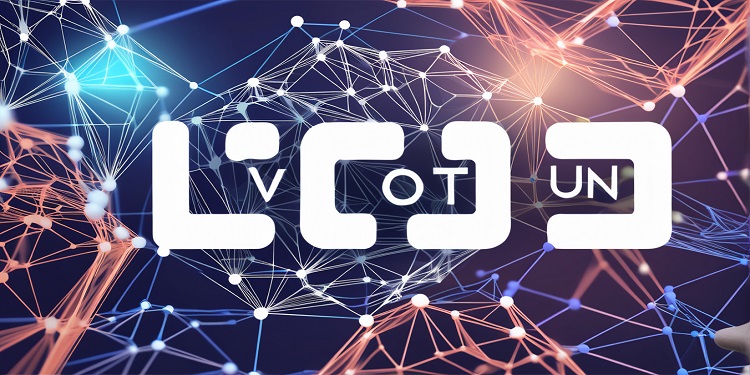 Caduceus has begun its public testing phase following two years of work and comprehensive testing. The Caduceus metaverse combines augmented reality, virtual reality, 3D holographic avatars, video, gaming, and NFTs to create a hyper-real alternative universe (full with its own digital economic model) in which we can all live side by side.
Caduceus has begun its public testing phase following two years of work and comprehensive testing. The Caduceus metaverse combines augmented reality, virtual reality, 3D holographic avatars, video, gaming, and NFTs to create a hyper-real alternative universe (full with its own digital economic model) in which we can all live side by side.
To fully connect with friends, family, and coworkers in the metaverse world, nevertheless, the advancement of VR and AR technologies such as immersive eyewear, cutting-edge networks, and edge computing is critical. These provide a higher degree of involvement by connecting users’ digital avatars via work, vacation, and leisure.
Caduceus Metaverse Protocol allows users to quickly immerse themselves in the experience, rather than simply observe it. Additionally, the Caduceus Creation Platform is a groundbreaking virtual reality instrument that lets seamless cooperation and interaction through cloud rendering and XR extended-reality technology.
Caduceus Metaverse Protocol is distributing multi-stage network iterations on an invite-only basis to chosen programmers ahead of the formal main network debut. They will be able to check the Caduceus network, accomplish tasks, and earn high-value rewards, prizes, and utilities.
The public testing version 1.0.1 is an open blockchain platform for Metaverse and Digital Twins that provides developers and users with secure high-speed meta power. It represents a watershed moment in metaverse development. Caduceus revolutionises the use of a multi-level, distributed Metaverse Graph structure capable of infinite expansion and large-scale parallel processing beyond the data structure of conventional blockchains.
Caduceus achieves maximum processing capacity in highly concurrent and complex environments thanks to BigBang’s programmable acceleration blockchain consensus system, StarRing’s transaction parallel execution engine, and Nebula’s limitless block database expansion. It enables end users to augment their local computing power, increase processing efficiency, and mitigate the risk of network delay and congestion by utilising an open platform located close to the data source.
The Metaverse requires high levels of synchronisation, low latency, and rapid data transmission. Caduceus makes identity management, certificate storage, traceability, resistance to tampering, and digital assets all accessible on the public chain, with the potential to become the core infrastructure of all future metaverses.








